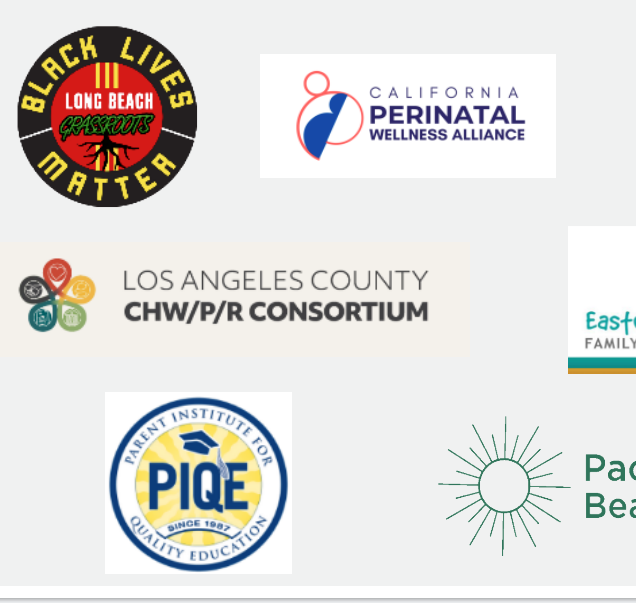I thought I could have it all: an ambitious career and a growing family. But as a new mother struggling to manage a job that required travel, evening hours and 60+ hour workweeks, I quickly decided that work-life balance was a myth. For over a year I struggled to stay in the workforce, but without schedule flexibility to accommodate having a young child, telework options or an in-office lactation space — coupled with infant care tuition costing more than half my monthly salary — it was enough for me to call it quits and temporarily give up on the dream of “having it all.”
When I reentered the workforce a few years later, and now with two children, it was important to find an employer who offered family-friendly workplace policies. First 5 LA benefits such as flexible work schedules, generous health benefits, dedicated lactation space and access to employee assistance programs such as tuition savings accounts and flexible spending accounts can make these transitions easier for working parents.
And while these family-friendly practices have certainly helped me find more balance as a working mother, it has been through my work helping First 5 LA facilitate strategic partnerships with the business sector that I’ve had the opportunity to reexamine the myth of “work-life balance” through a policy and practice lens. This has led me to question if work-life balance is truly an unachievable dream for many working parents, especially mothers. Or is it that many businesses and society on the whole are not fully aware of the positive impacts family-friendly workplace policies can have, not just on the employee and their family but on the employer and overall economy, as well?

This past May First 5 LA, in partnership with the Los Angeles Area Chamber of Commerce, published a report entitled “Promoting Family-Friendly Workplace Policies and Practices.” Many of the findings were not surprising, such as how the lack of family-friendly policies disproportionately impacts women. A recent workforce survey found that 34% of stay-at-home parents left a manager-level or higher job to stay home with their child. Unfortunately, salary isn’t the only area that takes a hit for an employment gap. According to a 2017 study, women who took time to stay home with children were often perceived as less capable, and were less likely to be hired or promoted. Further, women’s careers usually stagnated or slowed after becoming a mother.
But not having family-friendly workplace policies doesn’t just hurt mothers, it also has a larger impact on the economy. According to findings from the report, access to affordable, quality child care supports local and state economic growth. But with too few spaces available, and infant care that costs 170% of a four-year college education, there is a childcare crisis. When parents can find reliable care, they can stay employed. Without, they reduce hours or opt out — often increasing government spending and lowering tax revenues collected. The economic cost of this childcare crisis on California’s working parents, employers and taxpayers is calculated to be an annual $9 billion in lost earnings, productivity and revenue.
While on the surface one might guess that implementing family-friendly policies occurs at the business owner’s expense, research has shown it to be the opposite. It costs about $4,000 to recruit and onboard a new employee. And the loss of expertise and knowledge when a trained employee leaves a company is incalculable. Family-friendly workplace policies not only keep valuable employees working, but they have been shown to aid with productivity as well. Twenty-nine percent of employed parents have reported tardiness, absence or reduced concentration at work due to child care-related issues. Sixty-three percent have had to leave work early; 54% are distracted at work; and 25% have had problems participating in work-related education and training. Providing flexible work schedules, telecommuting options, lactation spaces, family leave and child care assistance all contribute to a workplace culture that supports working parents and, in turn, supports the businesses that employ them.
As an organization that advocates for California’s youngest children, part of First 5 LA’s strategic plan has been to work in partnership with local business leaders to implement practices and champion policies that support working parents. At a recent advocacy trip in Sacramento, First 5 LA and the Los Angeles Area Chamber of Commerce met with elected officials to highlight how family-friendly workplace policies support early childhood while impacting our local economy. Time and time again, we see that when we invest in children prenatal to 5, we are investing in the economic success of our communities at large. Through First 5 LA’s commitment to working with our partners in the business sector to help working parents have the resources they need to be present and happy parents for their children, we are working to transform the “myth” of work-life balance into a reality for all.




